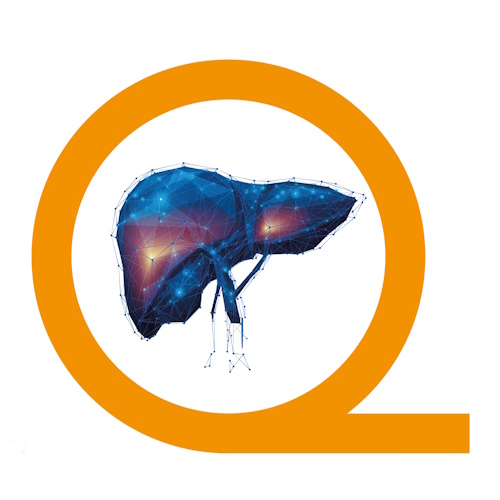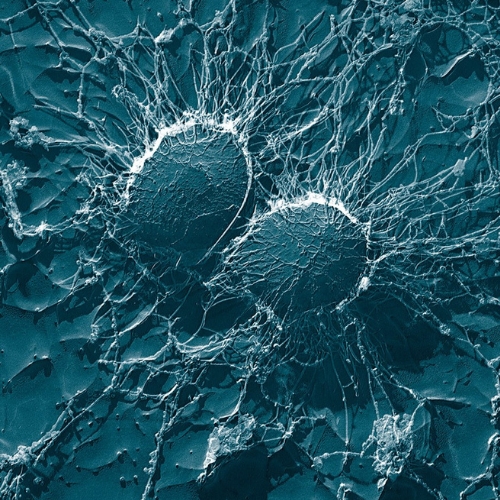Key points from article :
Carbon beads, licensed to UCL-spinout Yaqrit, restore gut health and reduce liver disease progression in rats and mice.
These beads work by absorbing toxins produced by bad bacteria, thereby reducing inflammation and leakiness of the gut wall.
This prevents damage to other organs such as the liver, kidneys and brain.
The study found positive effects on liver, kidney, and brain function in rats and mice with cirrhosis.
Carbon beads could potentially treat various diseases linked to poor gut health, impacting millions worldwide.
Human trials are underway to confirm the effectiveness of these beads in humans.
If successful, these beads could be a major breakthrough in treating liver disease and other gut-related conditions.
Researchers are optimistic about the potential of these beads for various health applications in the near future.
Study by UCL in collaboration with Yagrit, published in the journal Gut.







